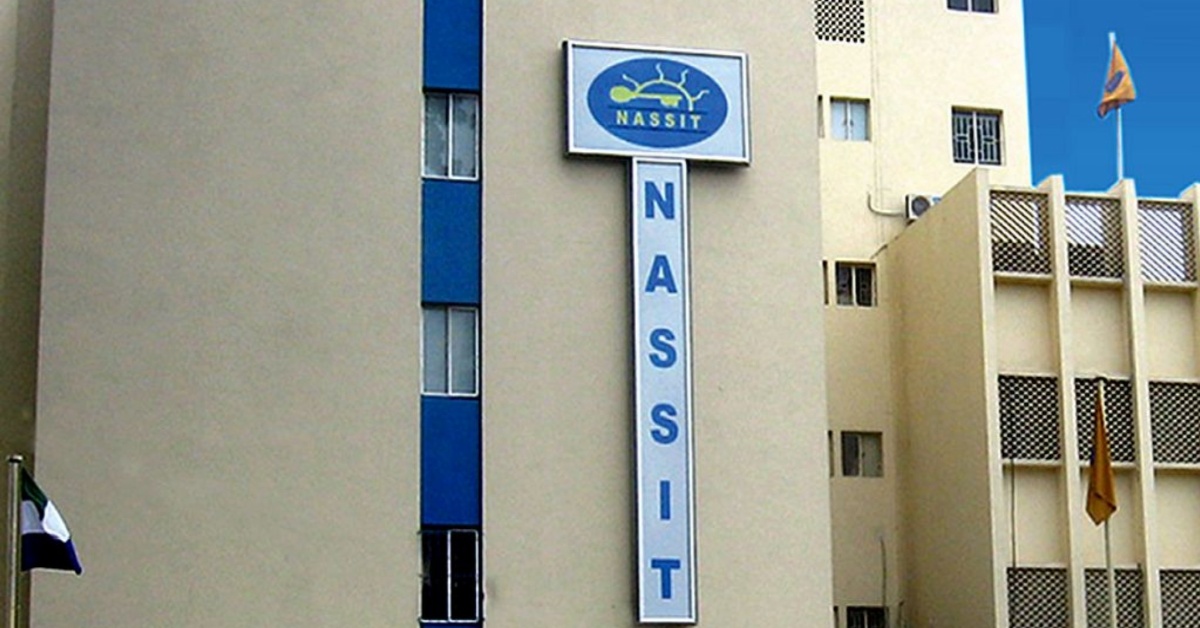In a recent audit conducted by the Acting Auditor General’s team, the National Social Security and Insurance Trust (NASSIT) is facing scrutiny for its management of investments exceeding SLE 514 million in subsidiaries and debentures, as reported by Awoko Newspaper.
The audit revealed that the SLE 514 million investments in subsidiaries lacked effective management, control, and monitoring, leading to concerns about the Trust’s ability to ensure profitable and positive returns. The absence of supporting evidence, including up-to-date investment analysis, Key Performance Indicators (KPI), performance ratings, approved budgets, and details about the Board of Directors and committees, contributed to the poor oversight.
Specifically, in the examination of debenture income receivable, the audit team found that corporate debentures totaling SLE 122,054,190, representing 87% of total corporate debentures, were non-performing. Interests on these debentures had not been paid to the Trust, indicating a significant financial concern.
Management of NASSIT acknowledged the concerns raised by auditors and the associated risks. While they emphasized that the Trust’s subsidiaries have governance structures in place, they acknowledged the need for a review of composition and the establishment of KPIs to ensure effective oversight. A comprehensive performance analysis of these subsidiaries is also planned to monitor profitability and returns on investment.
Despite these assurances, the audit team found no evidence confirming that Management effectively monitored associates and joint ventures. The lack of specific action points provided by Management to implement the recommendations raised further concerns about the Trust’s commitment to addressing the identified issues.
This revelation comes at a critical time for NASSIT, highlighting the importance of robust financial management and oversight in public institutions. The questionable management of substantial investments and the non-performance of corporate debentures point to potential financial challenges that need urgent attention.
The audit findings raise questions about the transparency and accountability of NASSIT’s operations, particularly in ensuring that funds entrusted to the Trust are managed responsibly for the benefit of its contributors. The absence of key documentation and oversight mechanisms suggests a need for a thorough internal review and restructuring of management practices.
Stakeholders, including contributors and beneficiaries of NASSIT, are likely to express growing concerns about the security and profitability of their investments. The Trust now faces the challenge of rebuilding trust and confidence through swift and effective action to address the audit’s findings.
The government and relevant regulatory bodies must also play a crucial role in overseeing the corrective measures taken by NASSIT. It is imperative that the Trust implements the recommended changes promptly, with a clear commitment to transparency and accountability in its financial operations.
As this news unfolds, it serves as a reminder of the critical role that audits play in holding public institutions accountable and ensuring the proper utilization of public funds. The outcome of NASSIT’s response to the audit findings will undoubtedly shape the future trajectory of the Trust and impact the confidence of its stakeholders.











